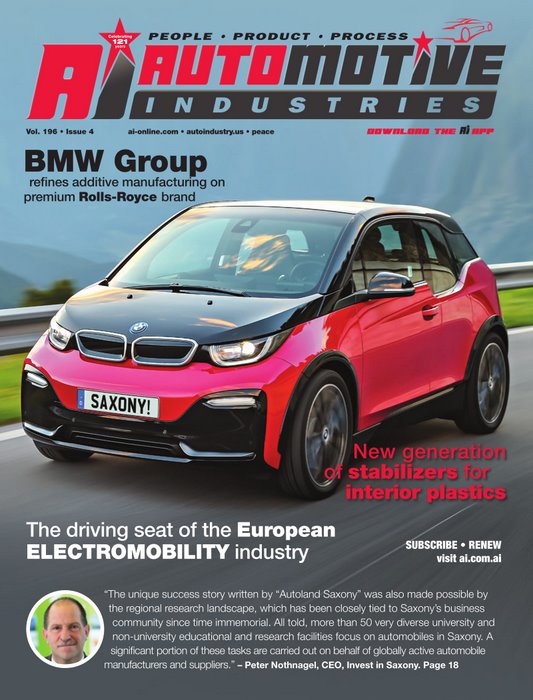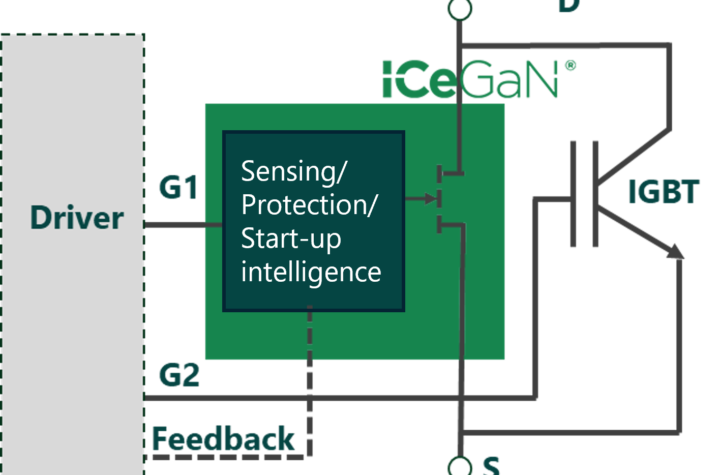
Merriam Webster defines tipping point as “the critical point in a situation, process, or system beyond which a significant and often unstoppable effect or change takes place”.
The next critical tipping point in the history of the automobile is when electric vehicles become cheaper to own than conventional internal combustion models. At present it would seem that the internal combustion engine will be with us for some time to come, but even the die-hard petrolheads are looking at a 50/50 ratio by 2030 or so.
That could happen a whole lot sooner when the cost of ownership and the total cost per kilometre or mile reaches parity. Owners will reassess their range anxiety, which as we see in this issue is fast becoming less of a problem in the industrialised world due to the rollout of recharging stations. Most owners can live with a range of around 300 kilometres for daily use. The new Nissan Leaf has a claimed range of 378 kilometres or 150 miles. Tesla is claiming 335 miles for its Model S. Drivers of vehicles powered by internal combustion engines are starting to suffer from their own range anxiety.
Writing in Marginalrevolution.com in 2015 Alex Tabarrok pointed out that gas stations are not massively profitable businesses. “When 10% of the vehicles on the road are electric many of them will go out of business. This will immediately make driving a gasoline powered car more inconvenient. When that happens even more gasoline car owners will be convinced to switch and so on”.
He is right. The number of gas stations in the United States has been on the decline for decades, and there are similar trends in the United Kingdom and Europe – despite the growth in the number of vehicles on the road.
There are several other forces at play. Firstly, the price of electric vehicle components is coming down as volumes increase and efficiencies of scale are realised. The cost and range of batteries remains the last major stumbling block.
At the same time the cost and complexity of internal combustion engines is rising as automotive manufacturers add in more and more technology and replace relatively cheap steel with more expensive alloys in order to meet increasingly stringent emission targets. The electronics required to manage the engine have also become extremely complex.
This has an impact on the resale value of vehicles. Buyers of second-hand cars which are out of warranty are already taking on major financial risks due to the very real chance of failure of one or more processing units. A lower resale value increases the cost of ownership. Another important factor to consider is that the fuels needed for the new engines are also becoming more expensive because they require major investment in refineries.
It is a moot point how much longer fossil fuel prices can be retained at their current low levels. Electricity costs, on the other hand, are coming down as the price of renewable energy continues to reduce. It is not necessary to plug into the grid to recharge an electric vehicle – this can be done on site by sun or wind power.
There are various calculations on the comparison of costs per kilometre of electricity vs fossil fuel. The consensus is that it costs around 20% less per kilometre to power an electric vehicle. Recharge during peak tariff periods and that can go up to 50% – which is still cheaper per km. Further dropping the cost of ownership for an electric vehicle is that it requires minimal servicing.
There are no regular trips to the dealer for oil changes and tune-ups. All that is required is the normal replacement of tires, windscreen wipers and brake pads. Even the brake pads will last longer because the vehicle is slowed down by regenerative braking. As with most tipping points in history we will only be able to identify it accurately after the fact.
The repercussions will be global, with major shifts in manufacturing. Whole regional economies which are presently dependent on the automotive sector could well collapse. Others, which have positioned themselves ahead of the curve, will flourish




More Stories
Must-Have Car Protection Accessories For Every Season
CGD ANNOUNCES BREAKTHROUGH 100kW+ TECHNOLOGY ENABLING GaN TO ADDRESS $10B+ EV INVERTER MARKET
How AI-Powered License Plate Recognition is Transforming Vehicle Tracking & Security